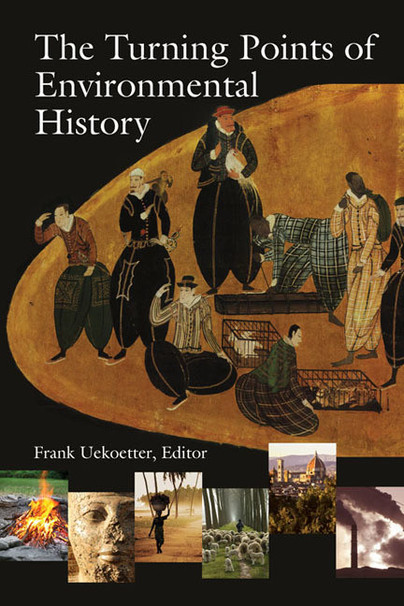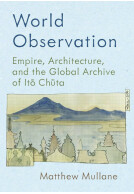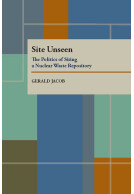Turning Points of Environmental History, The (Paperback)
Imprint: University of Pittsburgh Press
Pages: 220
ISBN: 9780822961185
Published: 21st November 2010
Script Academic & Professional
Pages: 220
ISBN: 9780822961185
Published: 21st November 2010
Script Academic & Professional
This book will be reprinted and your order will be released in due course.
You'll be £41.00 closer to your next £10.00 credit when you purchase Turning Points of Environmental History, The. What's this?
+£4.99 UK Delivery or free UK delivery if order is over £40
(click here for international delivery rates)
Order within the next 1 hour, 58 minutes to get your order processed the next working day!
Need a currency converter? Check XE.com for live rates
(click here for international delivery rates)
Order within the next 1 hour, 58 minutes to get your order processed the next working day!
Need a currency converter? Check XE.com for live rates
From the time when humans first learned to harness fire, cultivate crops, and domesticate livestock, they have altered their environment as a means of survival. In the modern era, however, natural resources have been devoured and defiled in the wake of a consumerism that goes beyond mere subsistence. In this volume, an international group of environmental historians documents the significant ways in which humans have impacted their surroundings throughout history. John McNeill introduces the collection with an overarching account of the history of human environmental impact. Other contributors explore the use and abuse of the earth’s land in the development of agriculture, commercial forestry, and in the battle against desertification in arid and semi-arid regions. Cities, which first appeared some 5,500 years ago, have posed their own unique environmental challenges, including dilemmas of solid waste disposal, sewerage, disease, pollution, and sustainable food and water supplies.The rise of nation-states brought environmental legislation, which often meant “selling off” natural resources through eminent domain. Perhaps the most damaging environmental event in history resulted from a “perfect storm” of effects: cheap fossil fuels (especially petroleum) and the rapid rise of personal incomes during the 1950s brought an exponential increase in energy consumption and unforseen levels of greenhouse gasses to the earth’s atmosphere. By the 1970s, the deterioration of air, land, and water due to industrialization, population growth, and consumerism led to the birth of the environmental and ecological movements. Overall, the volume points to the ability and responsibility of humans to reverse the course of detrimental trends and to achieve environmental sustainability for existing and future populations.
Other titles in University of Pittsburgh Press...















